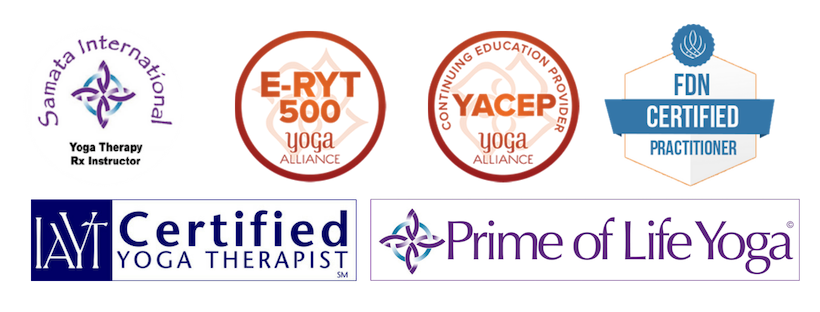

Top 5 Actions to Take When Diagnosed with Osteoporosis
Getting an osteoporosis diagnosis is not the beginning of the end.
It’s a wake up call and an opportunity to get stronger and healthier.
One of the many questions I get asked by women is what are the first things they should be looking at after receiving their diagnosis.
That’s why today, I want to share with you the top 5 actionable steps you can take right now to reclaim your bone health:
1. Take a Deep Breath: Don’t let the diagnosis of Osteoporosis define you.
It’s easy to feel overwhelmed or discouraged when faced with such news, but this diagnosis is just a part of your story, not the whole narrative.
You are a resilient individual capable of overcoming challenges and turning the health of your bones around.
I firmly believe that with the right mindset, support, and knowledge, you can conquer osteoporosis and lead a vibrant, fulfilling life.
It IS possible to reverse osteoporosis. It’s not a life sentence!
2. Realize That Your Bones Will Not *Just* Break: Let’s set the record straight.
Bones don’t just break because they’re weak.
Most fractures occur due to falls, not fragility.
By focusing on enhancing your overall strength and balance, you’ll reduce the risk of fractures significantly.
It all starts with your mindset.
3. Unleash your bone-building potential: Regular physical activity strengthens your muscles and stimulates your bones, prompting them to grow denser and more resilient.
It’s important to understand that your bones are living tissues that respond to the stresses placed upon them.
By adopting a proactive approach, you can leverage the natural process of training your bones to build themselves to your advantage.
Targeted exercises designed to enhance bone health are particularly good.
These exercises focus on weight-bearing activities that require your body to work against gravity, such as walking, yoga, dancing, or climbing stairs.
It’s like giving your bones a healthy challenge that encourages them to adapt and become even stronger over time.
4. Feed Your Beautiful Bones: Feed your body with the nutrients it craves.
Proper nutrition plays an incredibly important role in supporting your bone health.
By understanding which foods contribute to bone strength and which ones can undermine it, you’ll unlock the power of proper nutrition and take charge of your bone health journey.
Feeding your body with the right nutrients is like giving your bones the fuel they need to thrive.
It’s essential to incorporate bone-building foods into your diet, harnessing their rich reservoir of vitamins, minerals, and other crucial elements that promote optimal bone health.
These foods act as the building blocks for strong and resilient bones, strengthening them from within.
5. Take Control of Your Osteoporosis Naturally: You have the ability to turn the tide on bone loss without relying solely on medications.
The solutions to restore your bones and even reverse osteoporosis need a holistic approach, which incorporates everything from your diet, your routines, habits, and even your mindset.
But nobody can truly give you a tailored approach to your unique situation without looking deeper.
That’s where functional labs shine.
They show you exactly what’s going on in your body and what steps you need to take, in which order, to naturally take control of your bones.
Ready to dive deeper into understanding your bone health?
OSTEOPOROSIS DIAGNOSIS FAQ'S
Bone density test results are usually reported as T-scores and Z-scores. The T-score compares an individual’s bone density to that of a healthy young adult of the same sex. A T-score of -1 and above is considered normal; between -1 and -2.5 indicates osteopenia (low bone density), and -2.5 or lower signifies osteoporosis. The Z-score compares bone density to the average for someone of the same age, sex, and body size.
Learn more from the International Osteoporosis Foundation
About Debi Robinson
I am a Certified Yoga Therapist sharing the wisdom of yoga and evidence based research to help empower my students to utilize the tremendous healing potential that exists within each and everyone of us. Moderating the stress in our lives is how we can remain in balance and attain optimal health from a metabolic, physiological and biochemical aspect. Yoga has tools for the mind to help self modulate stress and for the body to keep you strong, limber and mobile and out of pain or discomfort.
As a Certified Health Coach, I work with you to uncover hidden stress inside your body and mind. Once we discover possible imbalances and stressors I will empower you to implement behavioral, dietary and lifestyle changes to move toward thriving health.





